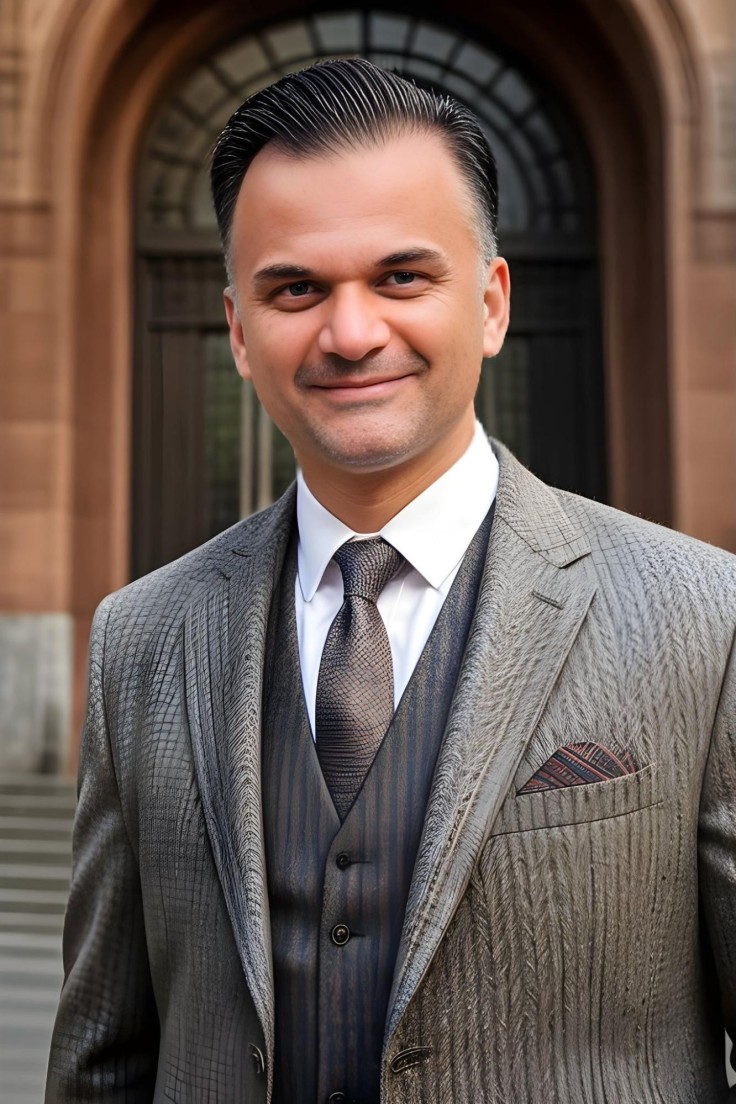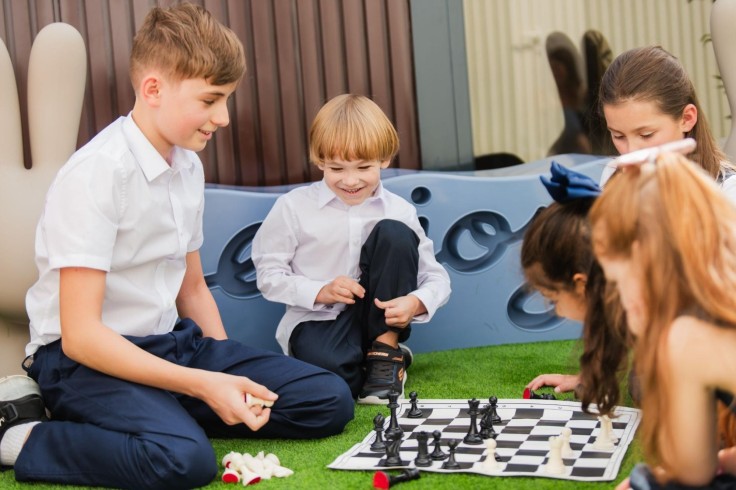
What if a school's approach to early childhood, elementary, and middle school education were deeply rooted in contemporary neuroscience, delivered through highly personalized, human-centered learning? That's the vision Shamail Siddiqi set out to realize when he founded Masterminds Education in Dubai in 2016. Today, Masterminds' network of micro-schools—where small group instruction is enhanced by AI tools to support teachers—is expanding to the U.S., with the launch of Masterminds Academy in Los Altos this September.
A 21st-Century Approach to Learning
Masterminds is an academy for educating the whole student. Its curriculum includes comprehensive daily programming in languages, music, gymnastics, and other subjects to help students build their intelligence, physical abilities, and emotional and mental resilience. The idea is that students excel academically and in life when you help them train their minds, bodies, and hearts. By age six, children at Masterminds Preschool and Kindergarten read and write in three languages.
Shamail's daughter, one of Masterminds' early students, was reading at an 18-year-old level by age 11. She also won a global innovation competition at MIT by age 15.
How It Started
Yet Shamail didn't initially set out to change the way childhood education works. He built his early career as a business and strategy consultant for Goldman Sachs and Booz & Co. Then, his daughter was born. Shamail describes being struck by "the realization that traditional educational models were insufficient for the rapidly evolving demands of our world." His passion for providing better learning opportunities for his child led Shamail to design a new curriculum, drawing on the insights of Nobel Prize winners and contemporary neuroscientists.
Masterminds wasn't easy to launch because it required more than tapping into the existing education market; Shamail had to convince parents to adopt a completely different way of thinking about education and show them how his new curriculum would unlock their children's untapped potential.
"This required a combination of steadfast resolve, evidence-based outcomes, and the building of trust through transparent, open communication," Shamail recalls. "By demonstrating the exceptional results achieved through our neuroscience-based curriculum, we gradually shifted skepticism to belief, fostering a community of advocates for transformative education."

Pivoting During COVID
Masterminds faced its second major challenge during the COVID-19 pandemic when not only children but also educators found their resilience tested. Shamail's pivot to online learning allowed him to think about more than just how to sustain the continuity of education during a lockdown.
The pandemic underscored the importance of flexibility in education. While online learning ensured continuity during COVID, it also highlighted the enduring value of small-group, in-person instruction, shaping Masterminds' expansion into a micro-school network in the U.S.
The Advent of the Microschool
Masterminds' micro-schools are built on human-centered, small-group instruction, enhanced by AI tools that help teachers personalize learning more effectively based on student engagement, without students interacting directly with the AI. This micro-school network is designed to make teachers more effective in delivering personalized learning experiences to students. The AI platform monitors student engagement and provides teachers with insights to adapt the curriculum, ensuring each child's needs are met. However, students do not interact directly with the AI—the AI simply supports teachers in delivering tailored education.
To Shamail, one of the principal failings of modern education is the one-size-fits-all approach, often mandated by the need to pair single teachers with large classrooms. AI makes it possible to deliver learning individually, helping teachers be more effective in providing a personalized learning experience for each student.
Shamail emphasizes that Masterminds "is not just about creating an alternative educational pathway; it's about shaping a future where every child can access their boundless potential, supported by the most advanced educational practices and technologies available."
A Vision for the Future
While the most affluent families have always had access to personalized childhood education, Masterminds represents a vision of democratizing it. That vision—and its early results—have struck a chord, and the organization has received recognitions like the Global Game Changers Award, the award for best early education provider, a nomination for a Corporate Excellence Award during the pandemic, and Masterminds Education's inclusion in the GSV Elite 200.
Shamail hopes to expand access to personalized learning across continents and traditional economic boundaries, creating a global network of young learners.
"We are rethinking the very nature of education and the learning environment," Shamail says, "to ensure our students are prepared for a future where adaptability, critical thinking, and emotional intelligence are paramount."
Learn more about Masterminds Academy, Los Altos, and its opening in September 2025. Please find out more about Shamail Siddiqi on his LinkedIn page.